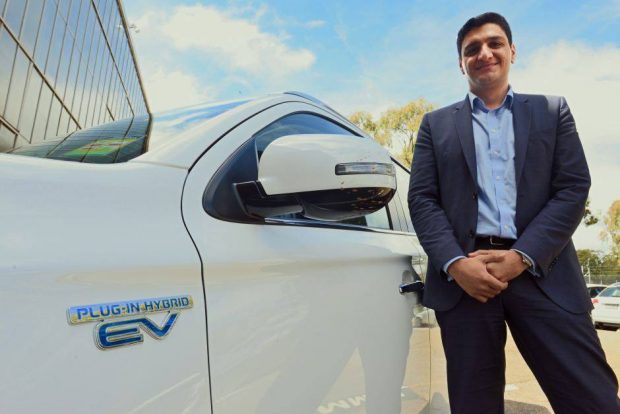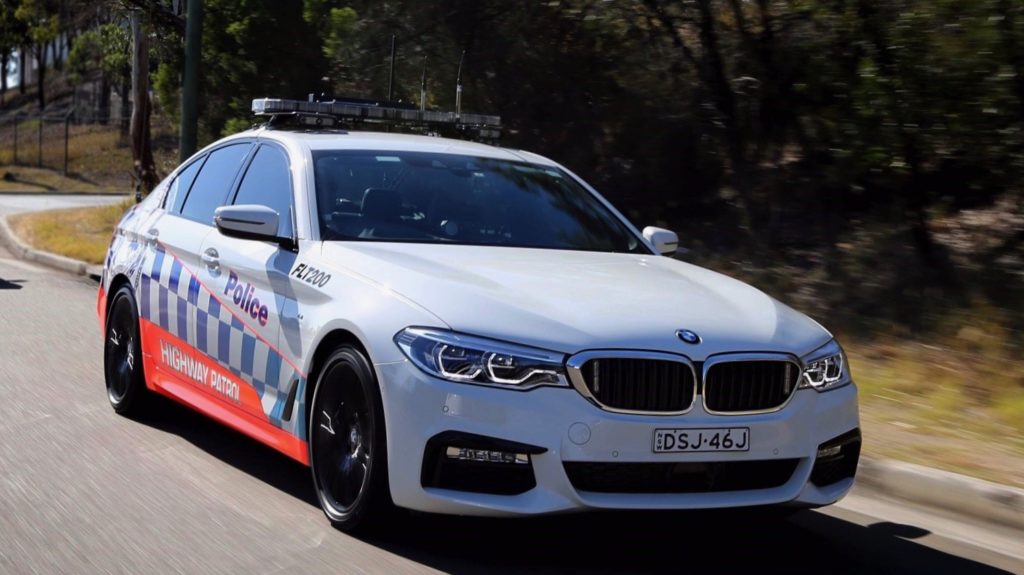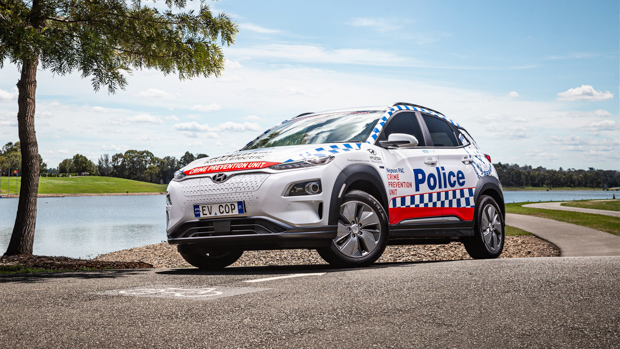-
Car Reviews
- All reviews
- Midsize SUVs
- Small cars
- Utes
- Small SUVs
- Large SUVs
- Large cars
- Sports SUVs
- Sports cars
- Vans
Latest reviews
- Car News
-
Car Comparisons
Latest comparisons
- Chasing Deals
It’s no secret that the rollout of electric vehicles in Australia has been slow compared to other developed countries, but should our police forces be leading by example?
A recent investigation by Chasing Cars determined that police forces are slowly adopting electric vehicles into their fleets – if at all. Many of the nation’s constabularies pointed the finger at range and charging woes as factors holding back EV adoption with blues-and-twos.
Behyad Jafari, the CEO of the Electric Vehicle Council, told Chasing Cars it was difficult to judge if electric vehicles should have more of a presence in Australian policing without knowing their operational criteria but noted the initial signs were promising.
“It’s actually good to see that most police forces at least have at least been looking into this and have been doing feasibility studies around their needs which is a positive,” he said.
Mr Jafari, who has previously savaged the Australian government over a perceived lack of action to encourage EV take-up, stressed it was important that police have the right tool to do the job but pointed out a number of features of electric cars that could prove useful to police.
These include several benefits such rapid acceleration from the instant torque available and the ability to efficiently package equipment into electric cars, due to the typically more spacious and flexible ‘skateboard’ style chassis underpinning EVs.
Mr Jafari also noted that with the NSW Police Force making use of pricey models such as the BMW 530d, it clearly wasn’t a tight budget that was holding emergency services back.
“The vehicles provide very clear and obvious benefits (and) some of the vehicles that they’re buying are already quite expensive vehicles, so it’s not like they’re looking for cost efficiency,” he said.
Mr Jafari said despite the higher than average purchase price for an electric vehicle the EV Council has found organisations that adopted electric cars into their line up actually saved money in the long term..
“Generally, we find that for a lot of fleets there’s a good, ten maybe twenty per cent of their vehicles that would already be cheaper to run as electric vehicles today,” he said.
This figure is largely based on fuel savings as primarily fleet vehicles are driven considerably more than private vehicles and can be topped up with electricity which is significantly less expensive petrol.
Mr Jafari said the attention should instead be focused on federal, state and local governments to lead the way and adopt EVs into their range, a movement he said was in full force in states such as New South Wales, Queensland, Tasmania and the ACT.
“The only ones that are actively doing poorly in this space, are the one state not to have an electric vehicle strategy of any kind in place, (which is) Victoria. They’re the only people in the world that are putting a tax on electric vehicles,” he said.
The EV Council boss said the time for trials was over, with early adoption by other local governments and private organisations around Australia already proving that the finances stacked up in practice.
“Any state that today that has single digits of electric vehicles on their fleet (or) who is still talking about doing trials for electric vehicles – you have to realize that trials are something that governments and other countries did a decade ago,” he said.
Latest news
About Chasing cars
Chasing Cars reviews are 100% independent.
Because we are powered by Budget Direct Insurance, we don’t receive advertising or sales revenue from car manufacturers.
We’re truly independent – giving you Australia’s best car reviews.


